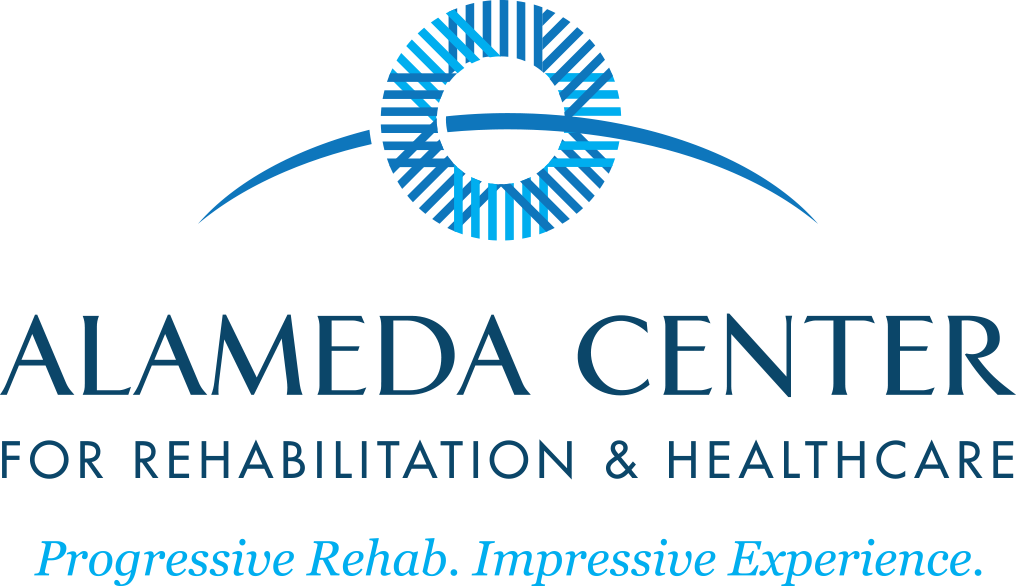New Jersey Hospitals to Institute No Violence Interventions
A New Jersey law has recently been signed that requires some New Jersey hospitals to institute interventions to help curb the cycle of violence in the state.
New Jersey hospitals have an important opportunity
Unfortunately, research has shown that crime victims have a greatly increased risk of becoming a victim again or even becoming a perpetrator of violent crime, often “getting even.” Representative Lou Greenwald noted that New Jersey can turn this cycle around and close the door on the never-ending violence: “New Jersey does have the ability on its own to touch these victims in a real way, in a significant way, that can forever change the course of violence in their families’ lives and ultimately affect the lives of untold families across this state and maybe across this country.” The other sponsors of the bill are Eliana Pintor-Marin, Verlina Reynolds-Jackson, Gordon Johnson, Dan Benson and Carol Murphy. The law is part of a larger, 6 point bill that takes high aim at stopping gun violence and crime across the state through various aggressive and innovative initiatives.
Right now, 45% of all trauma-related hospital admissions come from recurrent gun violence, a staggering number. There are various hospital violence intervention programs spread out across the country, and currently in New Jersey there is only one, in Newark, at University Hospital. This bill makes it obligatory for any level 1 or level 2 trauma center in the state to establish such a program, touching countless other lives.
Kyle Fischer is the policy director of the National Network of Hospital-based Violence Intervention Programs. He noted that the trauma doesn’t end at the hospital. Victims take their pain home, where it festers, and too often turns into something else.
The New Jersey law focuses programs on people who are the highest risk of repeated violence. It is theorized that working with this group gives law enforcement officials the highest likelihood of stopping what is likely to become greater violence and ending the cycle.
Hospital based intervention programs
Hospital-based programs have a wide-ranging program of resources to fit the unique needs of each participant. There is no one-size-fits-all approach to intervention, and the plan is customized for each person. Some of the options are therapy, exercise, mental health treatments, and help with schooling. All patients receive a case manager and a variety of social services, plus follow up.
Studies have shown the efficacy of these programs. One study showed that in comparison to the intervention group, the control group had 3 times more violent crimes, 2 times more of any crime, and 4 times higher likelihood of being convicted of a violent crime.
The authors of the study explained that a hospital setting is the ideal place to have this type of intervention program, where a victim of a violent crime may be the most susceptible to learning and change. It’s also a safe place – many people involved in violent crime are also often in jail, where it’s less likely for this type of program to be successful. Eliana Pintor-Marin noted that “counseling is a critical part of the services patients should receive in order to help discourage continued violence.”
